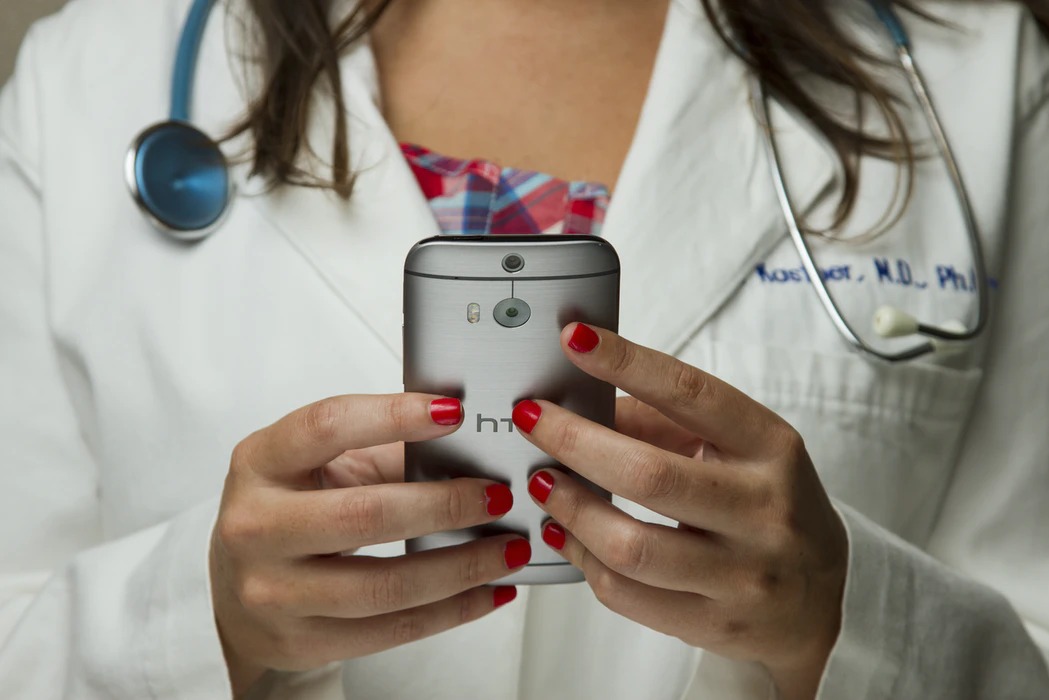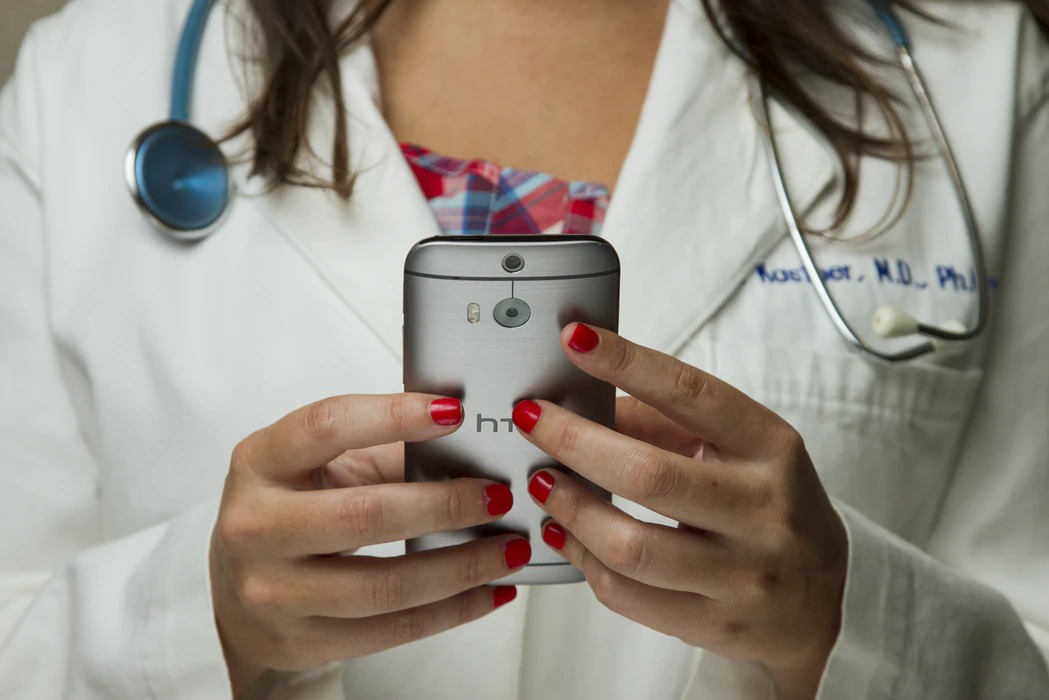
Mobile health apps are intrinsic in the digital transformation experience providing patients more control of information through a simple touch on a smart phone. So how do providers offer greater convenience to patients while at the same time ensuring HIPAA compliance and protecting their data from security breaches?
Does your app need to be HIPAA compliant?
Unsure about whether your app falls within the ambit of HIPAA rules? Here are three ways to find out if you need to develop a HIPAA compliant app:
- Users of the app: If your app is built for patients, healthcare workers, or health insurance providers in the United States, then you automatically fall within HIPAA regulations. Additionally, if you work with brokers or partners that access Protected Health Information (PHI), then the app will need to be HIPAA compliant.
- Type of data stored: HIPAA compliance is mandatory for any application that stores PHI. PHI can include but is not limited to, patient diagnoses, prescriptions, treatment details, health status, etc. PHI also includes identifiers such as a patient’s name, contact details, biometrics, etc. Since app-based PHI records will be stored electronically, they will come under HIPAA IT compliance
If your app falls within these categories, it will automatically be subjected to HIPAA regulations.
Also read: 5 Healthcare Cybersecurity Strategies to Prevent Cyberattacks
Steps to ensure HIPAA compliance of apps
1. Provide end-to-end transport encryption
Electronic Protected Health Information (ePHI) is vulnerable to attacks when being transported from the app to servers. Ensuring transport encryption during transmission involves using SSL and HTTPS protocol that encrypts the records in accordance with HIPAA website compliance. HTTPS uses an algorithm to convert ePHI records into unintelligible characters that cannot be decrypted.
Web or mobile app pages that require a patient to enter their login information or display their ePHI records need to have an SSL certificate attached to them. You should also check if your cloud server supports your SSL configuration to ensure maximum security and integrity of records through transport encryption. This will provide security for the entire lifecycle of ePHI records that is HIPAA IT compliant.
2. Monitor access controls
At any given time, there are numerous levels of employees and patients logging into your healthcare app. When they do log in, apps need to ensure that the user is only able to access the information that they are authorized to view. For a patient, this means accessing only their own personal health records and login information. For employees, it means providing them with role-based access so they cannot access any information they are not authorized to view.
How do you ensure that only authorized users can log in? Two-factor authentication and Single Sign-On are two high-security login options that provide HIPAA IT compliance. Two-Factor authentication requires a user to confirm their login twice, while Single Sign-On allows them to use a single authorized email ID to log into specific applications. This can effectively block unauthorized personnel from accessing the database. Once a user has logged in, their activities need to be logged in and monitored. This is especially important if they are making changes to ePHI records as HIPAA requires companies to maintain a record of all activity on ePHI files.
3. Ensure data is securely backed up
The ePHI records stored on the database need to be backed up regularly to prevent loss of data from software breaches or failures. There also needs to be a contingency plan in place in case malware attacks or software malfunctions lock users out of the system. The best way to do this is by spreading your risk and backing up data on a secure cloud server that is hosted in a different data center. This way, even if one data center is compromised, you will have a second backup in another location.
Backed-up data needs to be properly encrypted so it is not accessible to unauthorized personnel. This adds an extra layer of protection because even if there is a data leak, it will not be intelligible and will remain private.
Also Read: Why are both a UX Designer and Software Engineer Needed for App Build?
4. Conduct routine self-audits
Just as important as backing up data is to proactively monitor potential threats. Your system needs to record and alert you in case there are any changes made to the data or if there are any data transfers initiated. Routinely auditing your access protocol and the security of your app is important to ensure that they are up-to-date and adhere to HIPAA website compliance regulations. Records of all PHI-related activity need to be reviewed to identify unauthorized actions or access and block them.
5. Follow proper PHI disposal protocol
HIPAA rules state that entities can store PHI records for up to 6 years, but this duration can vary by state. Any PHI record which a company is no longer authorized to have needs to be properly disposed of or it will be considered a direct violation of HIPAA. The records need to be permanently deleted both from your primary database as well as your backup server.
You should also routinely check if any obsolete software or devices contain patient records as this can sometimes slip under the radar. A purge is considered successful only when there is absolutely no track of the PHI records in any software, server, or device.
Building a HIPAA-compliant app is essential to protect the privacy of patients and avoid regulatory fines, potential lawsuits and a loss of credibility. Working with a HIPAA-compliant software provider like iTech, experienced with the nuances of healthcare products including health insurance can help maintain the integrity of ePHI records.






